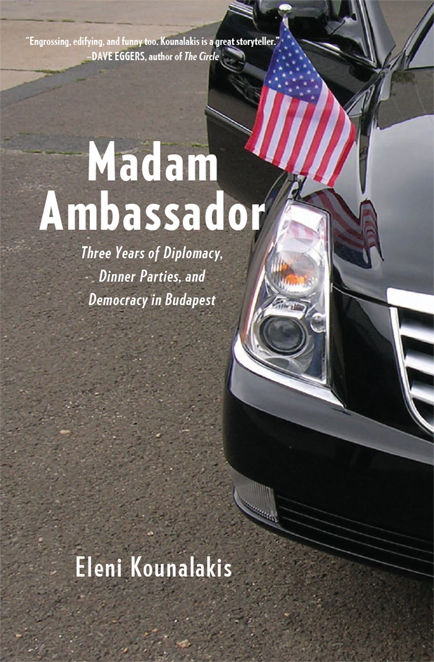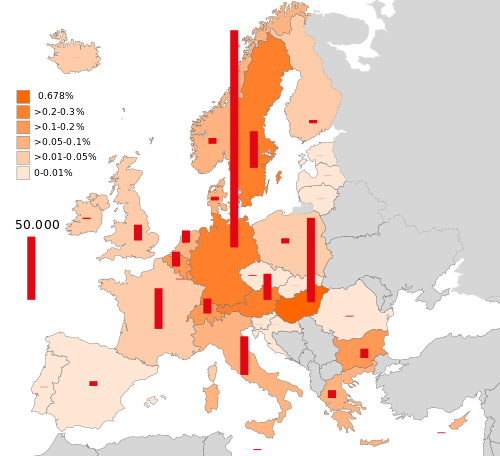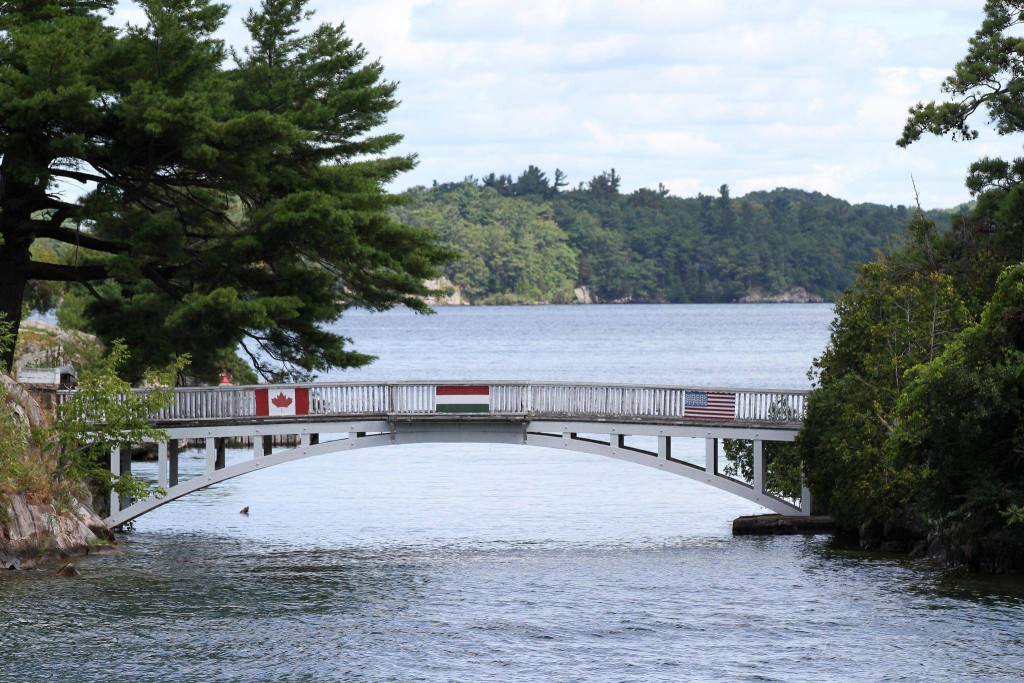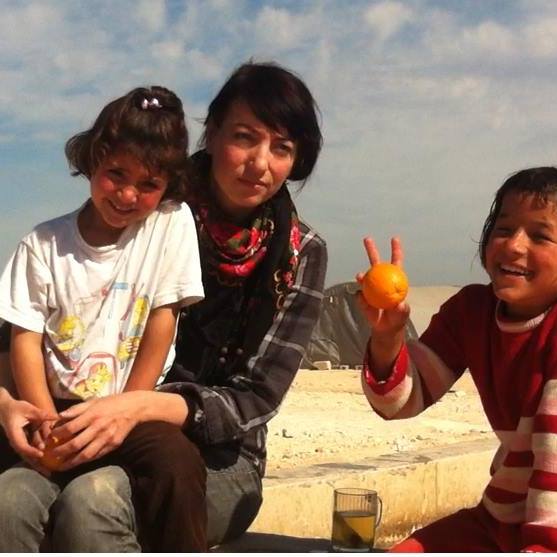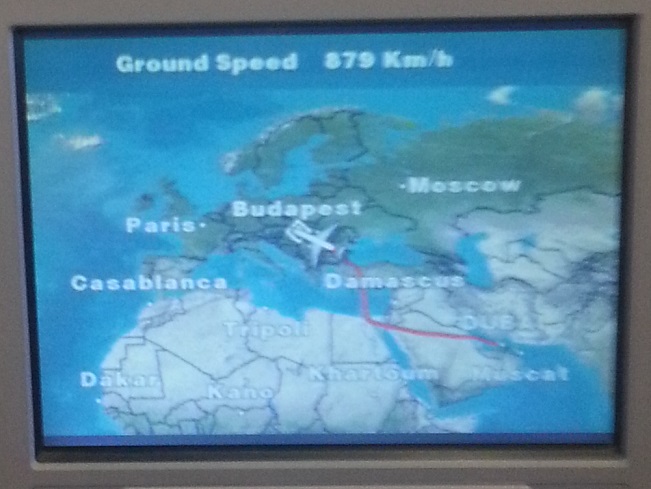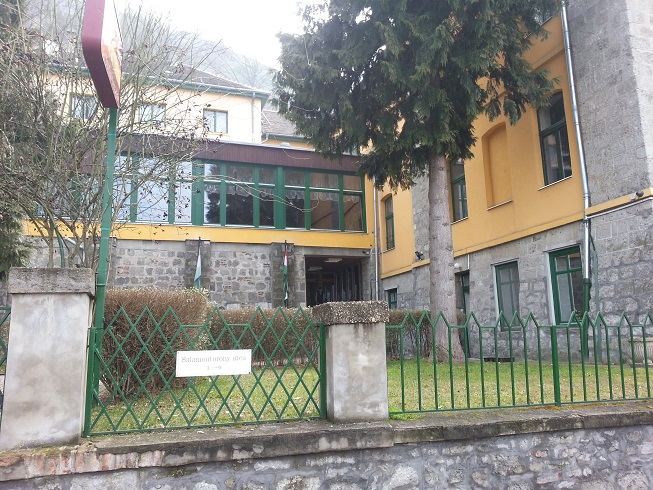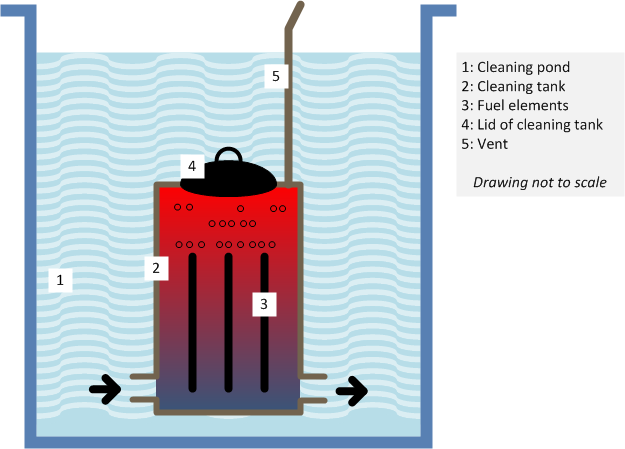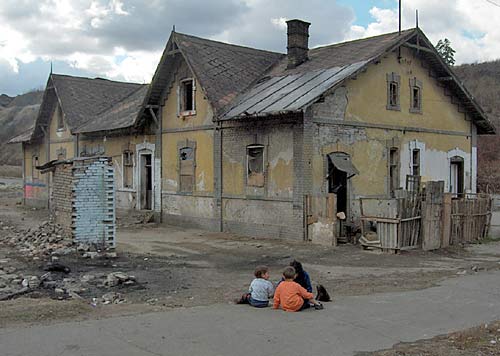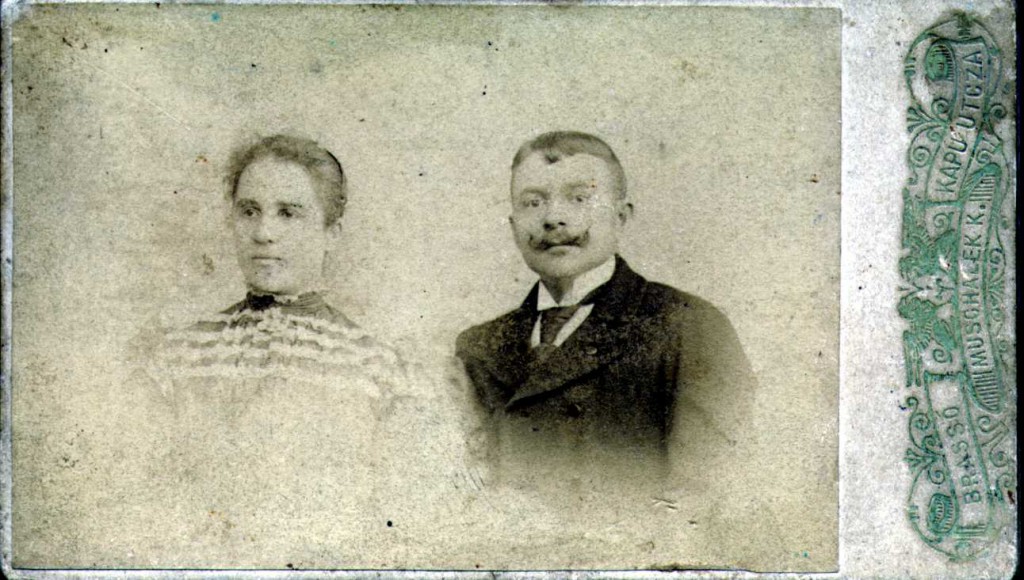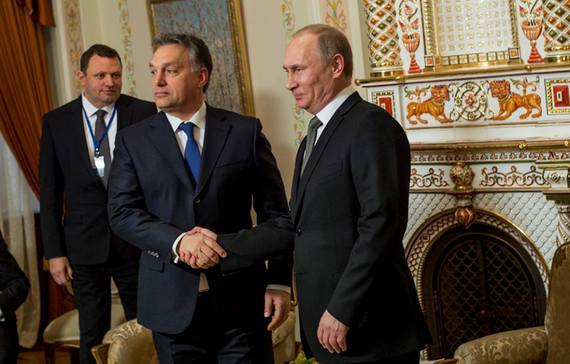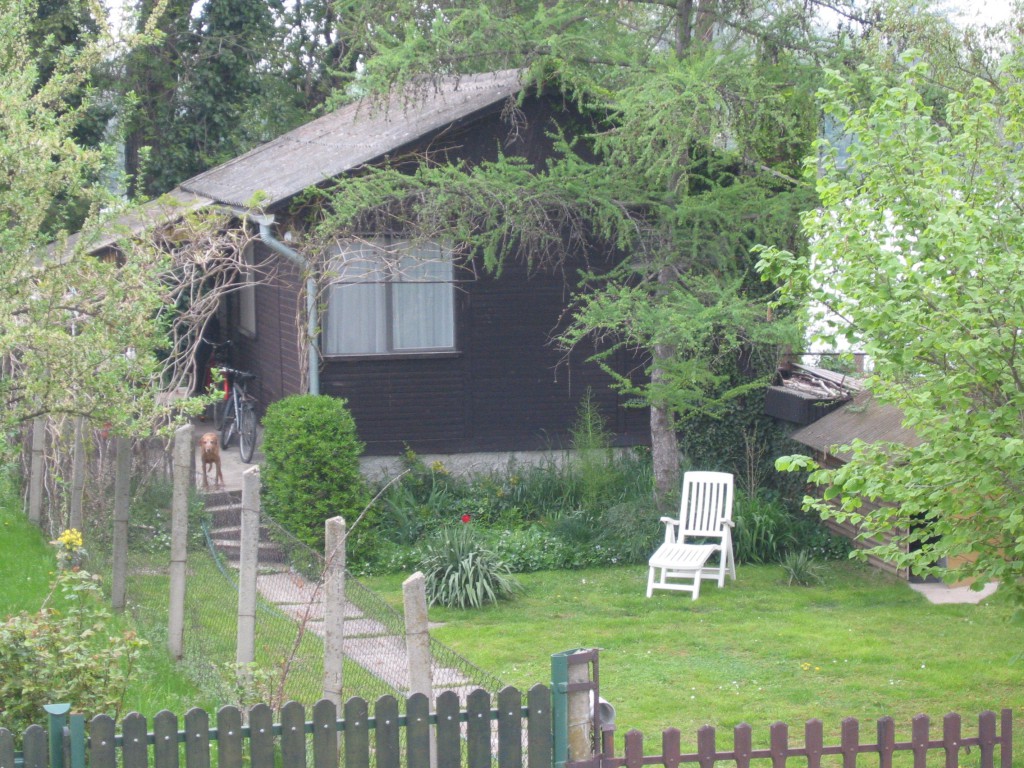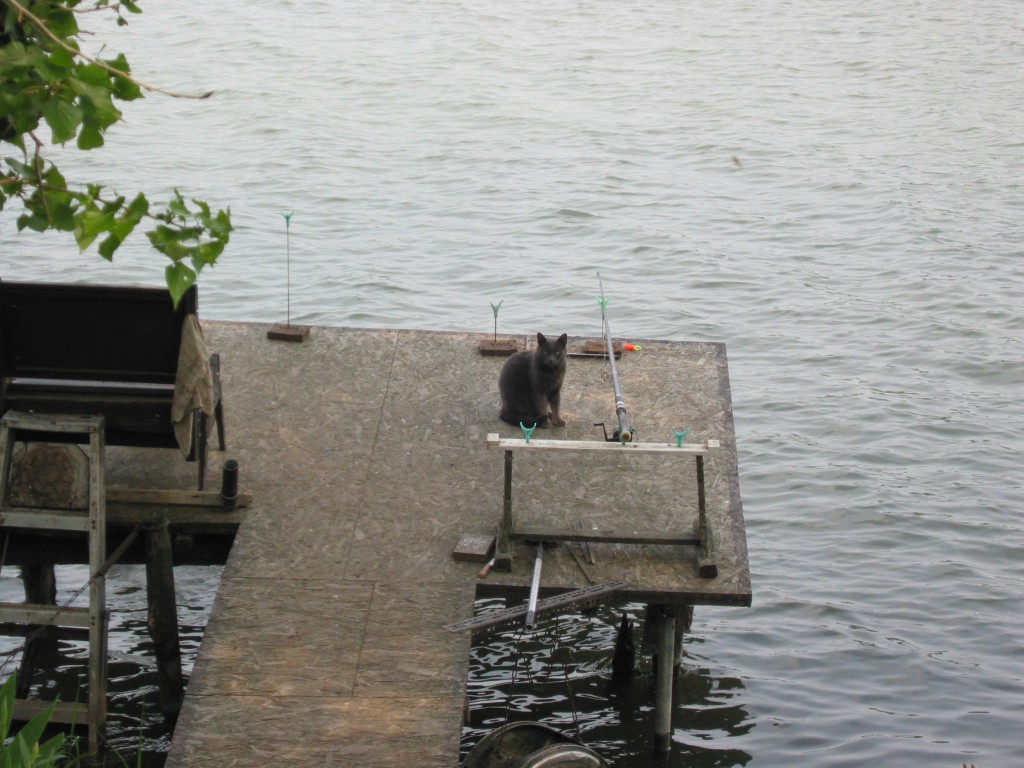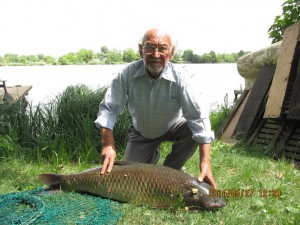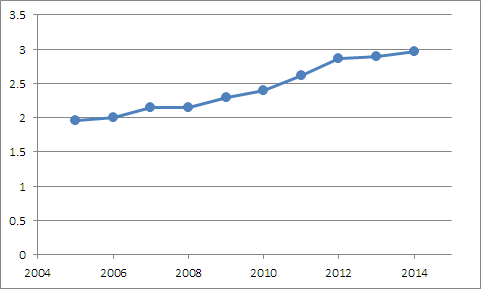When good people don’t speak up, bad things happen. That, if anything, is the most important lesson from the history of the 20th century.
So I spoke up today, after reading two alarming articles about Canada’s treatment of would-be Roma travelers from Hungary.
To: <Minister@cic.gc.ca>,
<rob.nicholson@parl.gc.ca>,
<mauril.belanger@parl.gc.ca>,
<cbcnewsottawa@cbc.ca>
Cc: <Chris.Alexander@parl.gc.ca>
Subject: Canada humiliating Hungarian Roma travelers at Vienna airport?
Date: Tue, 19 May 2015 11:45:54 -0400
Dear Mr. Nicholson:
Dear Mr. Alexander:
Dear Mr. Belanger:
Dear CBC Ottawa:
I am a Canadian citizen, born in Hungary. In recent years, I have watched in dismay how my country of birth is increasingly embracing xenophobia and racism, to the extent that U.S. Senator McCain recently accused the Hungarian government of having neo-Nazi tendencies. Having lived almost my entire adult life in Canada, this is not a value system that I can embrace; rather, my values are the Canadian values of multiculturalism, tolerance and inclusiveness.
Which is why I am deeply alarmed when I read about Canadian immigration authorities acting in a manner that, if the accounts are true, can only be described as racist and xenophobic.
I am specifically referring to two articles, published recently (May 11 and May 18) in the Hungarian weekly newsmagazine HVG, about a Roma researcher and a Roma family who were denied entry into Canada in a manner that (if the accounts are to be believed) was humiliating, racist, and wholly contrary to Canada’s values.
I am providing my partial translations of the two articles below. The Hungarian originals can be found online at
http://hvg.hu/itthon/20150511_Cigany_ezert_nem_repulhetett_Becsbol_egy
and
http://hvg.hu/itthon/20150518_becs_austrian_airlines_romak_kanada
I realize of course that our authorities face the very difficult task of preventing abuse of our generous refugee system, and that these articles present only one side of these stories. Indeed, I sincerely hope that this is the case, as otherwise, the only possible conclusion is that Canada’s immigration authorities willfully and routinely violate some of our core values when it comes to legitimate Roma travelers to this country.
For this reason, I’d like to bring these two articles to your attention, in the hope that you can investigate what actually took place and, should it turn out that our authorities or individual officials acted contrary to our country’s values and regulations, take the necessary steps to ensure that we do not humiliate would-be travelers to Canada solely on account of the color of their skin.
Sincerely,
Viktor T. Toth
3-575 Old St Patrick St
Ottawa ON K1N 9H5
613-789-0510
https://www.vttoth.com/
————————————
First article: HVG.HU, May 11, 2015
[head] Hungarian Roma researcher not even allowed to board the plane
[lead] You thought that all you need to travel to a visa-free country is a passport, valid ticket and enough money? If your skin is a little darker, you may be in for a surprise. We tell a frightening tale, in which a researcher heading to Canada was not allowed to board her plane but instead, was humiliated and shouted at at the airport.
Eva’s travel on April 8 began like anybody else’s: as she already purchased a ticket to Toronto, on this day she was ferried to Vienna, where the direct flight was to depart. Eva was heading to Canada to do a survey on the generational relationships of Roma immigrants there. Hungarian citizens do not need a visa to travel to Canada since 2008, that is, in theory, there are no limitations on travel so long as the traveler has a valid passport, ticket, and is able to support himself financially during the trip. Eva had all these, so she was very surprised when the officers of Austrian Airlines and the airport pulled her aside after a passport check.
According to Eva, the conversation soon acquired the tone of an interrogation, in which officers of Immigration Canada also began to participate through the telephone. A guard kept an eye on Eva, they asked her where, why she was planning to go to Toronto, who she planned to visit. They checked her details, but they stated that they were unable to check with the person who was supposed to provide Eva with a place to stay. (In contrast, this person later stated that there was no sign on his phone of any attempt to call.)
At this point, Eva felt that it would be better to ask for a translator, as things were getting interesting. They were also interested about the amount of money she had on her, but did not ask her to show the cash. Eva had 1000 Canadian dollars, which was supposed to be enough for three weeks; as her lodging was secured, it did not appear insufficient. Eva was beginning to feel desperate, she asked them to check her, her family, as they would see that they have significant scientific and artistic accomplishments – her daughters are actresses, her husband is a musician and director, she doesn’t understand why there would be a problem.
The problem was that they viewed Eva as an illegal immigrant, a potential asylum seeker. A person who might want to abuse Canada’s immigration system. That’s because Eva is a Roma.
[subhead] Immigration Office Instructing the Airline?
After the so-so investigation and even more interesting turn of events took place: the airline stated that the immigration office told them not to fly Eva to Toronto, even though the office asserted that they left the decision to the airline.
Subsequently they left Eva on her own, it took a while for her to find her way back. Her passport was checked once again, and when she had the audacity to request her luggage back, her Austrian attendant reproached her loudly in the presence of the several hundred people in the waiting room. It was not easy to get her luggage back, it took Eva’s son-in-law, who is fluent in German, two times half an hour to get back the suitcase, during which time their car was ticketed, too. “I never felt so humiliated,” recalls Eva who, although she is a well-known Roma intellectual, asked us not to reveal her surname when we wrote this article.
At least she was luck in that her children, who took her to Vienna, were still in town and therefore they were able to return to the airport for their mother. After a little consultation, they decided to visit the Canadian consulate in Vienna, where an interrogation similar to that at the airport followed. The official kindly suggested to Eva to request an immigration visa, so she tried to explain that she has no plans to emigrate. “Why would then want to travel to Canada?” was the question. “I am sorry I didn’t just tell him that I want to be a thief,” said Eva later. This is when they found out that supposedly Canada already penalized airlines because in recent times, 500 illegal immigrants arrived from Hungary. Thus, Eva was not allowed to fly.
[subhead] Canada: Everything was by the book
Although she suffered financial damages, as in addition to the cost of the trip to Vienna, she also lost her insurance (her ticket was refunded by the airline), this was primarily a humiliation. Eva is considering a lawsuit against the airline.
[…]
We also contacted Canadian authorities about this incident. The answer of Citizenship and Immigration Canada and Canada Border Services was that everything was by the book: Canada is fighting against illegal immigration and they cooperate with other countries’ border protection agencies as well as airlines.
[…]
————————————
Second article: HVG.HU, May 18, 2015
[head] “It was a test and they failed” – New scandal at Vienna airport
[lead] Another Roma family heading to Canada was returned at Vienna Airport. They say their legal rights were violated, they were humiliated, and to prevent their travel, Canada’s authorities ignored their own regulations. The government of Hungary remains silent about these cases.
Once again an outrageous incident concerning Roma took place at Vienna Airport, and again involving a flight to Canada. We recently reported about the case of Eva: the Roma researcher heading to Canada was turned back by the combined efforts of Austrian Airlines and Citizenship and Immigration Canada at the Austrian airport, when she was not allowed to fly to Toronto. As it turns out, Canada’s authorities may request a letter of invitation from the receiving party, and if the passenger does not meet requirements (doesn’t have enough money, doesn’t have an arranged place to stay) they can be turned back at the airport. However, Eva reported that neither her place to stay nor the money she carried were checked, and she felt she was singled out because of her Gipsy identity.
Now, hvg.hu received information about another incident that reinforces this suspicion. Vendel Orsos, resident of Hedrehely, and his family were taken to Budapest by his brother-in-law on April 29. They left Ferihegy Airport at 7 AM and were already in Vienna at 7:45. They planned a family visit to Orsos’s sister, a chartered accounting who has been living in Canada for the past 15 years. They were already having their passports checked when he noticed that they were being scrutinized by one of the officials. When they arrived there, the person asked if he spoke English. When he answered in the negative, the official switched to Hungarian and asked, “Where in Hungary do you live?” After he answered, they were removed from the line. Meanwhile Orsos saw that other passengers standing in line behind them were able to board without trouble after showing their passports and boarding passes.
[subhead] Canada’s story keeps changing
Orsos was then connected to a translator from Canada by telephone, who flooded the man with questions about, for instance, his home or his job. “I really didn’t understand why he was asking,” said the man whose background is perfectly respectable, and thus was able to answer both questions with an honest yes. The translator also asked why his children, traveling with them, had different surnames.
This outraged him, but he tried to explain calmly that they decided with his wife that their children should have their mother’s surname, as they hoped this would make it less likely for them to be subjected to anti-Roma prejudices. However, he was legally registered as the children’s father.
[…]
Orsos states that he was patiently answering every question, but after his answers the lady told him that “this was a test and you did not pass,” and thus they were not allowed to fly to Canada. This despite the fact that the family carried a valid letter of invitation.
Orsos’s brother-in-law meanwhile contacted the family that was now stuck in Vienna and also called the relative in Canada, to find out if she was contacted to verify what the family stated at the airport. It turned out that the woman was not even contacted, even though they told Orsos that they were not able to reach her. Then the Canadian relative, Zsuzsa, called the airport in Vienna and asked why the family was not allowed to fly. She says they told her it’s because they did not carry enough money. This was not true, they didn’t even check how much money they carried, remembers Vendel Orsos.
Finally, Zsuzsa convinced them to allow the family to fly but then the airport informed them that they can no longer be found. But the family didn’t even leave the airport, they had no place to go, after the two-and-a-half hour ordeal they stumbled back to the waiting area but — like Eva — they received no help. When they found out from the man’s sister that they are allowed to fly after all, they tried to check in but were told that this was no longer possible. The adults were trying to restrain themselves but because of the humiliation and helplessness, Orsos’s wife began to cry.
[…]
They had no other choice but to return home. They could fly back but they were afraid that in that case, they’d not get their HUF 800,000 airfare back… they lost all trust in Vienna authorities. Therefore, they waited for a relative who drove from Hedrehely to pick them up. Thus they spent an entire day, with two children at the airport, from their early morning arrival until 1 AM. They satisfied every requirement to travel but Canada ignored its own strictly defined regulations, complained Vendel Orsos. Their dream vacation thus ended at 5 AM the next day. The family wrote down their story and even faxed a copy to the Canadian Embassy in Vienna but to this date, they received no answer.
[…]
